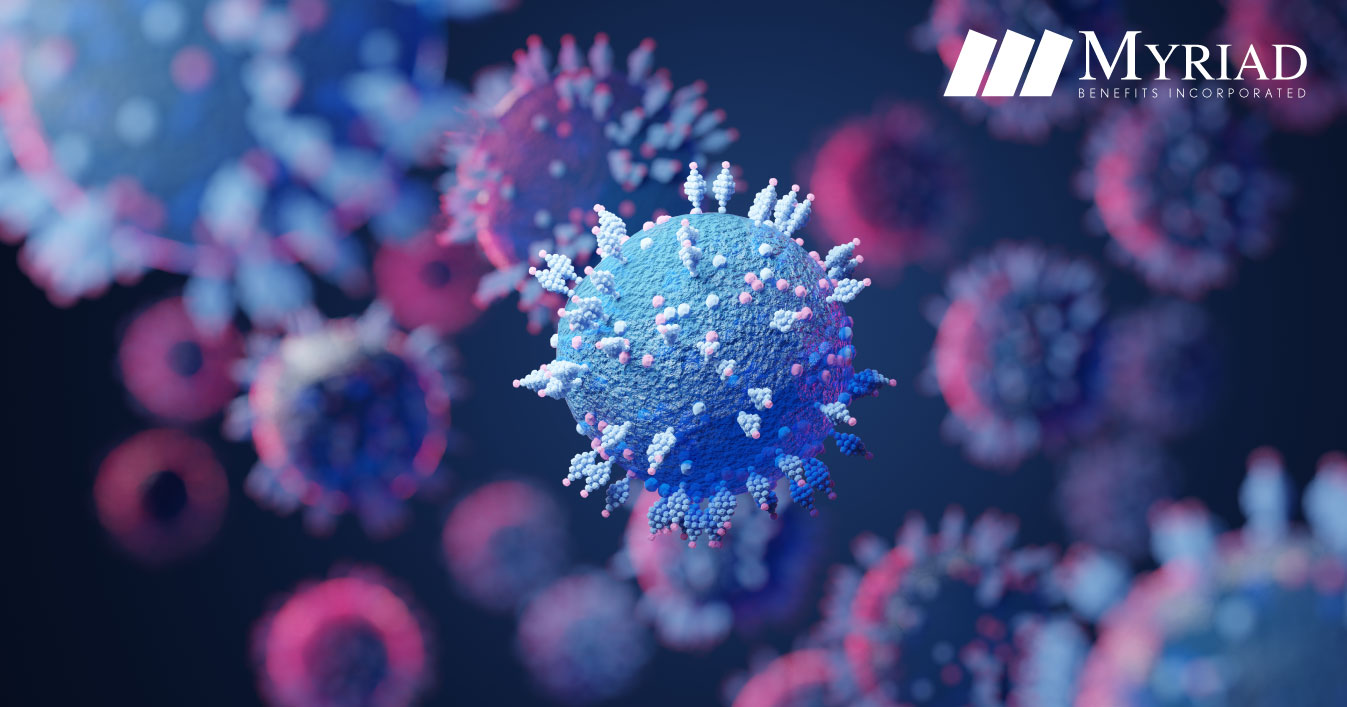Learn about the most recent scientific data (as of August 26, 2021) presented by the Centers for Disease Control and Prevention, CDC, on the Delta variant.
- This variant originated in India in late 2020 and was known as B.1.617.2.
- The Delta variant is more aggressive than any of the previous variants of the SARS-CoV-2 virus; in addition, it is transmitted between people faster.
- Two different studies conducted in Canada and Scotland found that patients infected with the Delta variant were more likely to be hospitalized than those infected with any of the other’s variants.
- Unvaccinated people are the greatest concern, as they are the greatest risk of transmission.
- People infected with the Delta variant, including those fully vaccinated, can transmit the virus to other people. At this time, the CDC continues to evaluate data on whether fully vaccinated people with asymptomatic infections can transmit the virus.
- Fully vaccinated people who become infected with the Delta variant can spread the virus to other people for less time.
- In people infected with the first variants, less viral genetic material was found in samples taken from fully vaccinated people than in people not vaccinated with COVID-19.
- In the case of the Delta variant, similar amounts of viral genetic material have been found in fully vaccinated and unvaccinated people. However, as in the first variants, the amount of viral genetic material decreases faster in fully vaccinated people than in unvaccinated people.
- The CDC recommends that everyone over the age of 12 get vaccinated, the faster you can reduce the spread of the virus and help prevent the emergence of new variants.
For you, for yours, and for others; protect yourself. Get vaccinated, wear a mask, wash your hands frequently, and avoid crowds.
By: Tania Mangual-Monzón, MS
Reference:
Centers for Disease Control and Prevention













